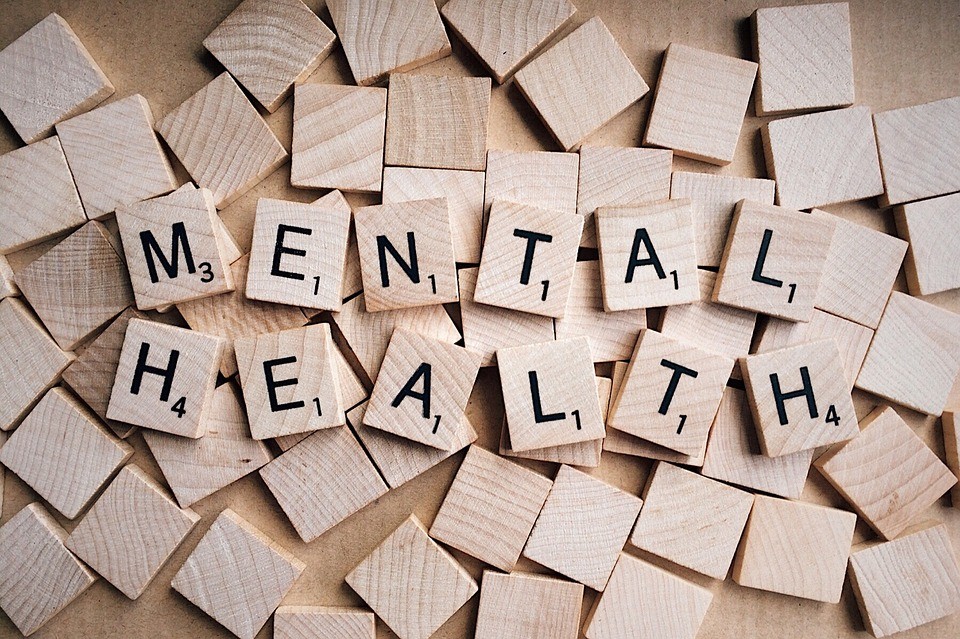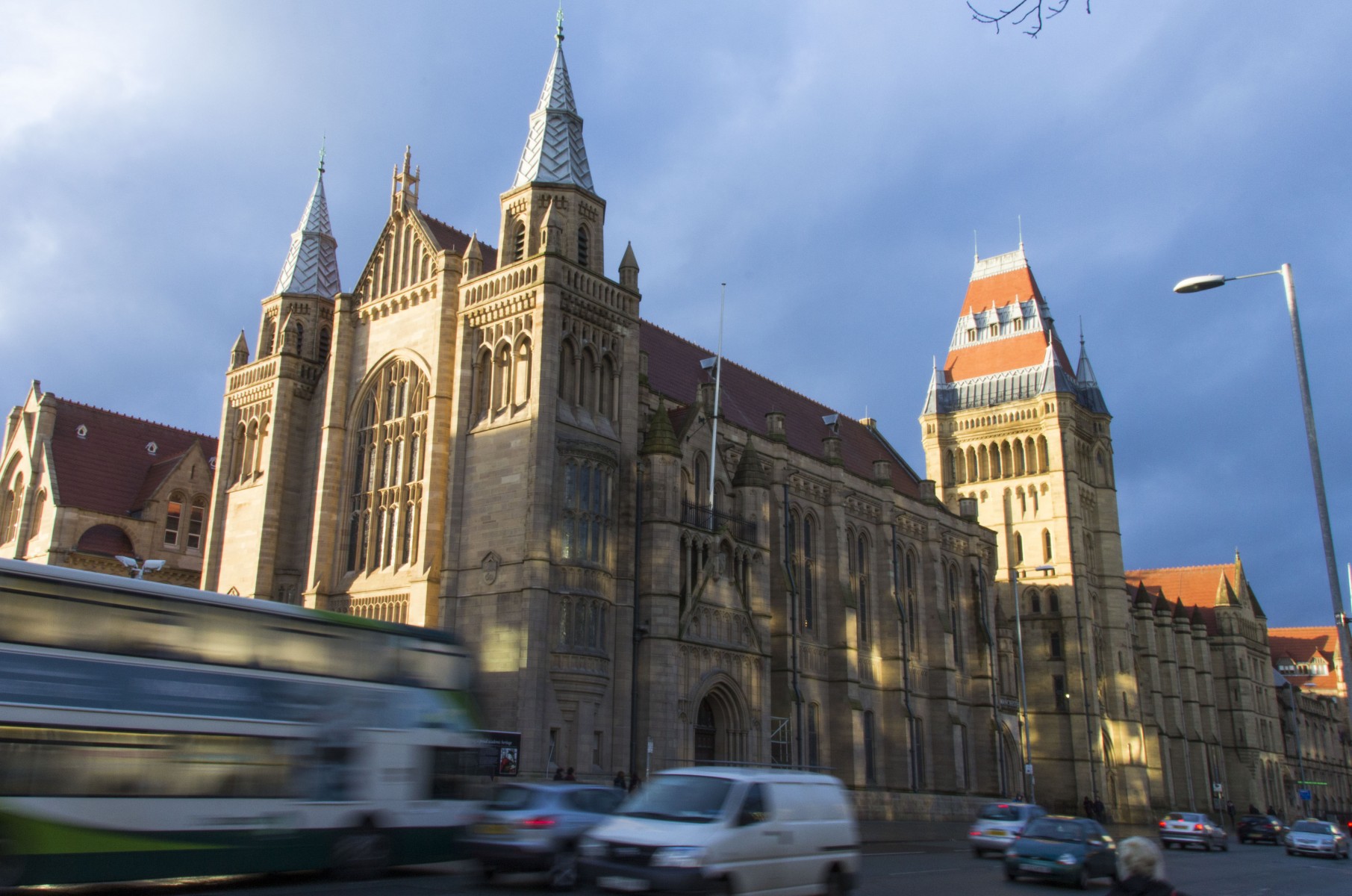Your top ten stories of 2019
Each year, stories from the University reach hundreds of thousands of people, and we’re always fascinated by what draws the most attention. From medicine to graphene, and astronomy to the ever-popular university rankings, here’s ten of our most-read stories from 2019. This year we had readers from 225 countries and territories.
So, to mark the end of 2019, we thought we’d share the top ten stories, as read by you. And don't forget to read our month-by-month review of the year.
10. Coming in at number ten is this story on why introverts might just be bad at recognising faces.
Dr Karen Lander and colleagues carried out research into the link between personality and face recognition ability. Working with 100 volunteers with “a range of extroversion levels”, Dr Lander and her team showed that those with higher levels of extroversion were better able to recognise famous faces – though it’s unclear if that because facial recognition makes people more socially confident, or vice versa.
Full disclosure – this wasn’t even one of ours! Dr Lander wrote the piece for a brilliant site called The Conversation, which is dedicated to turning academic research into journalistic-style articles. We’d heartily recommend having a look through their work.
9. Surprisingly low on the list is “Cloudy with a Chance of Pain”. Maybe it was due to the fact it was so widely covered in the news, or the fact that late October was overshadowed by Brexit. Whatever the reason, this story was your ninth most read of the year, but definitely one of our most widely covered in the media.
Dr Will Dixon and his team created an app to monitor chronic pain in relation to weather. With the help of over 2,500 participants from all over the UK, Dr Dixon was able to confirm the old wives’ tale that pain really does get worse with wet and windy weather. And while it might have only just crept onto our list, it reached an international audience, being picked up on by outlets in the US, Australia and China. It even made it onto the One Show, which, as we all know, is the gold standard for news.
8. The first university ranking story in this list. Cast your minds back all the way to September, when Manchester was named the top UK university for graduate employability by The Times and Sunday Times Good University Guide. Among the top 100 graduate employers, Manchester students ticked the most boxes, thanks in part to programmes like Stellify.
We also jumped up a whole one place in the overall rankings!
7. Back to biology! In February, scientists led by Prof Graham Lord found the ‘master-switch’ in the body’s immune system. A microRNA – with the catchy name ‘microRNA-142’ – was discovered to be a key regulator of T-cells, which modulate the immune system and prevent autoimmune diseases like cancer, diabetes and Crohn’s disease. It’s hoped that the discovery will lead to new treatments for autoimmune conditions.
6. Childhood trauma is strongly linked to Borderline Personality Disorder. Despite only being released a few weeks ago, this story sparked your interest enough to get it nearly halfway into our top ten. Researchers at the University, with colleagues from the Greater Manchester NHS Foundation Trust, as well as Lancaster University, found that of over 5,000 people with BDS, 71.1% reported “at least one traumatic childhood experience”.
5. We’re into the top half now. Way back in January, we published a story about how working mothers are up to 40% more stressed than their peers. Prof Tarani Chandola worked with colleagues from the University of Essex to analyse data from 6,025 participants. In working mothers with two children, the biomarkers of chronic stress, such as stress-related hormones and high blood pressure, were 40% higher than in working women with no children. The researchers also found that this stress could be partially mitigated by introducing more flexible working hours.
4. At number four is another January story, this time on David Olusoga’s appointment as a Professor of Public History at the University. Prof Olusoga is a widely recognised expert in the history of empire, race and slavery. The article outlines his impressive body of work, as well as the childhood influences which led him down that path.
3. The bronze medallist is this story on a solar cell defect mystery solved after decades of global effort. Solar panel cells only achieve around 20% efficiency, which quickly drops to around 18% within the first hours of operation after installation. Scientists from the University discovered that this drop was due to the electronic charge within the silicon-based cells changing when exposed to sunlight. This change then creates a ‘trap’, which prevents the flow of electrons, which generate the electricity.
2. Our runner up is another University appointment! Last month, the Guardian editor and journalist Gary Younge was appointed as Professor of Sociology. As with the story on Prof Olusoga’s appointment, this article explores Prof Younge’s childhood, as well as his impressive career in the media.
1. And drumroll please! Your top University story of 2019, beating all competition, is…
A rankings story! To be fair, it’s a pretty impressive one – back in June, the University reached its highest every place in the QS World University Rankings. We came in at number 27 worldwide, and were into the top ten in both the UK and Europe.
How much of that was down to the Newsroom? Well, we don’t want to take too much credit, but we’re pretty sure the University would never have got there without the daily News Digest emails.
So that wraps up our list! 2019 at The University of Manchester was, in your eyes, a year of biology, staff appointments and, above all, rankings. Here’s looking to 2020!
And don't forget to check out our in-depth review of the year!










